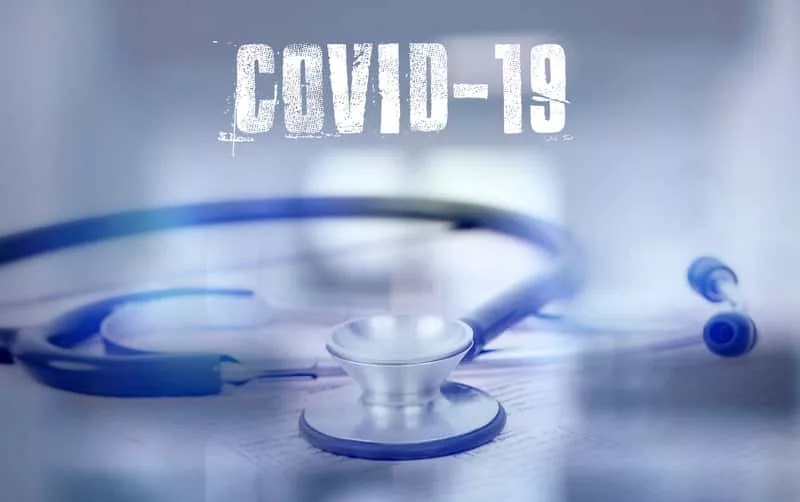The Berrien County Health Department is reporting that there are now 4 confirmed cases of COVID-19 in the county, and 787 across the state of Michigan. That’s the count at 1pm on Sunday, March 22, 2020.
One of the new cases is related to the Sandi Patty concert at Andrews University in Berrien Springs on March 8th as were the first two confirmed cases announced yesterday, but the fourth person is not related to that concert.
Health department officials say that, “Based on the increase of COVID-19 cases across the region, we are working under the assumption that the virus could be present in many public places in our community. That is why everyone should be taking prevention measures like practicing social distancing and heeding Executive Orders in place. If people are feeling sick, they need to stay home!”
On their Facebook page, the health department says, “We’ll be providing daily Berrien County updated case counts here and on our website and hotline at 1-800-815-5485.”
http://berriencounty.org/1643/Coronavirus-Disease-COVID-19
Health Department officials add, “Until recently, only the state lab was able to process tests for COVID-19. Now, there are private, university, and hospital labs that are also able to process these tests. Due to so many labs now processing COVID-19 tests, it is difficult to know the exact number of how many tests are being submitted and processed daily. We will only be reporting on the number of positive cases and the number of deaths in Berrien County.”
Find case counts for MI here: http://ow.ly/WC3Z50ySmLf and IN here: http://ow.ly/gAl650ySmLg
Our collective goal remains to slow the spread of cases as much as possible.
If you are feeling sick, you are encouraged to stay home. Contact your healthcare provider by phone for guidance or call the free Spectrum Health virtual screening line at 616.391.2380 to see if testing is necessary. This will help prevent additional spread of illness and save critical healthcare resources for those at highest risk and those who may need supportive care.






